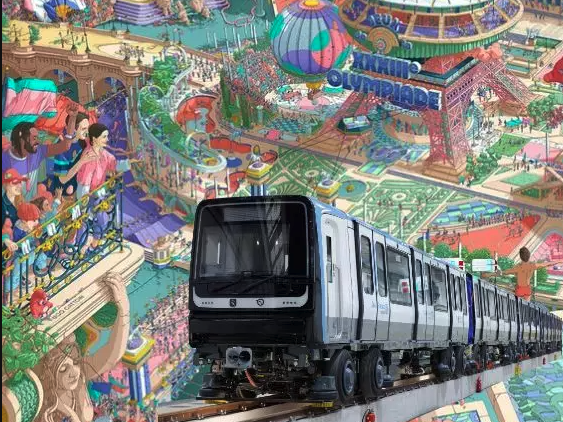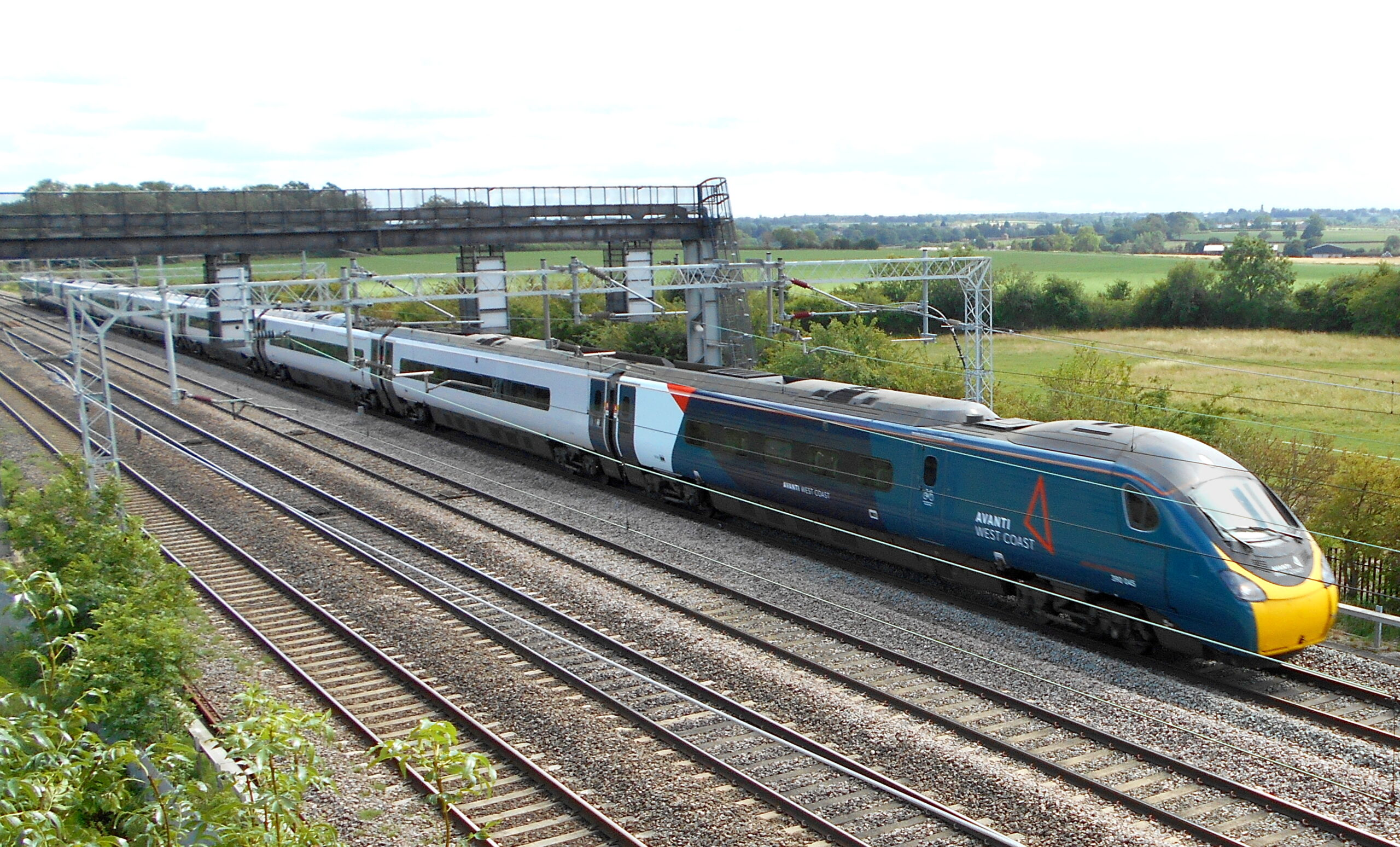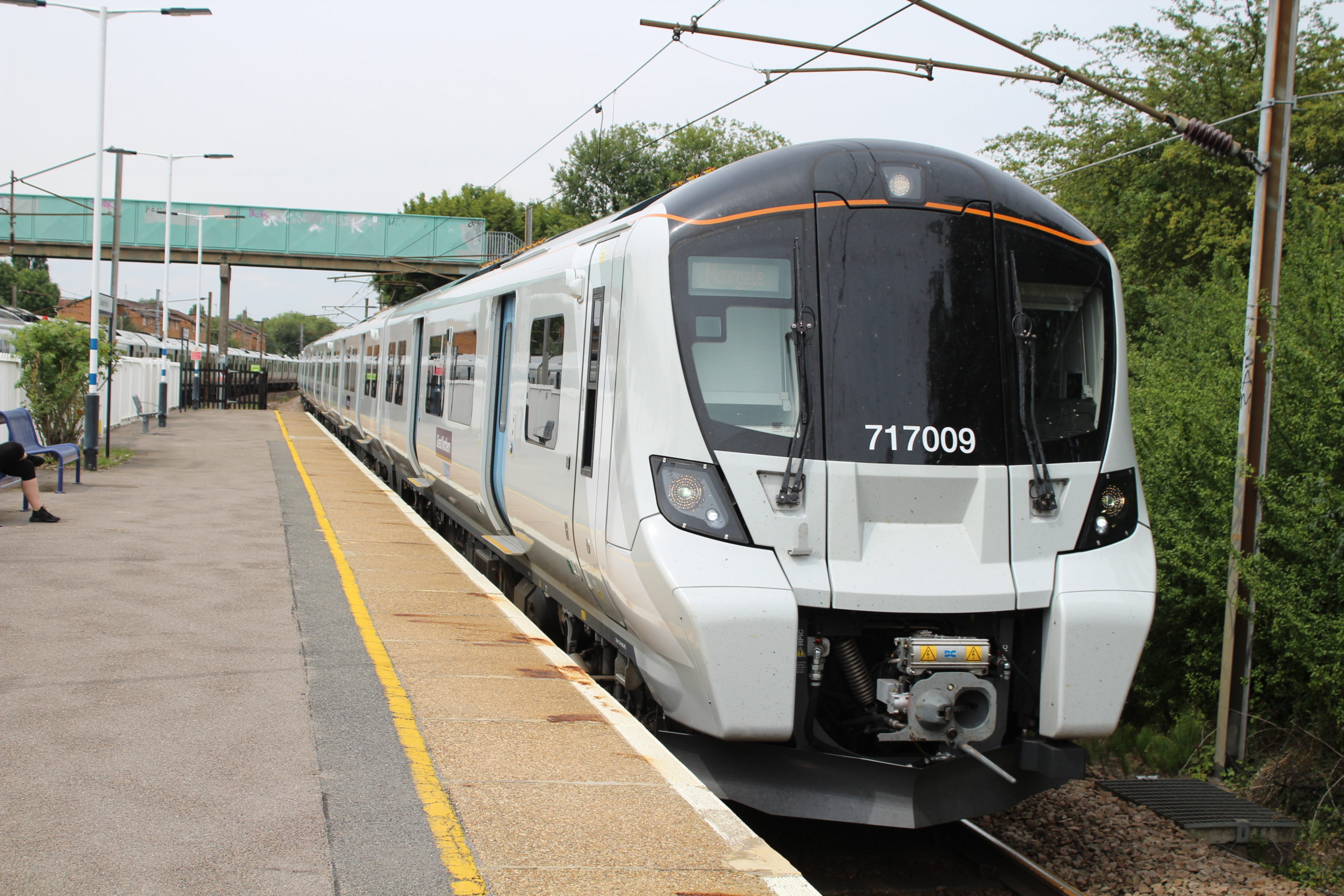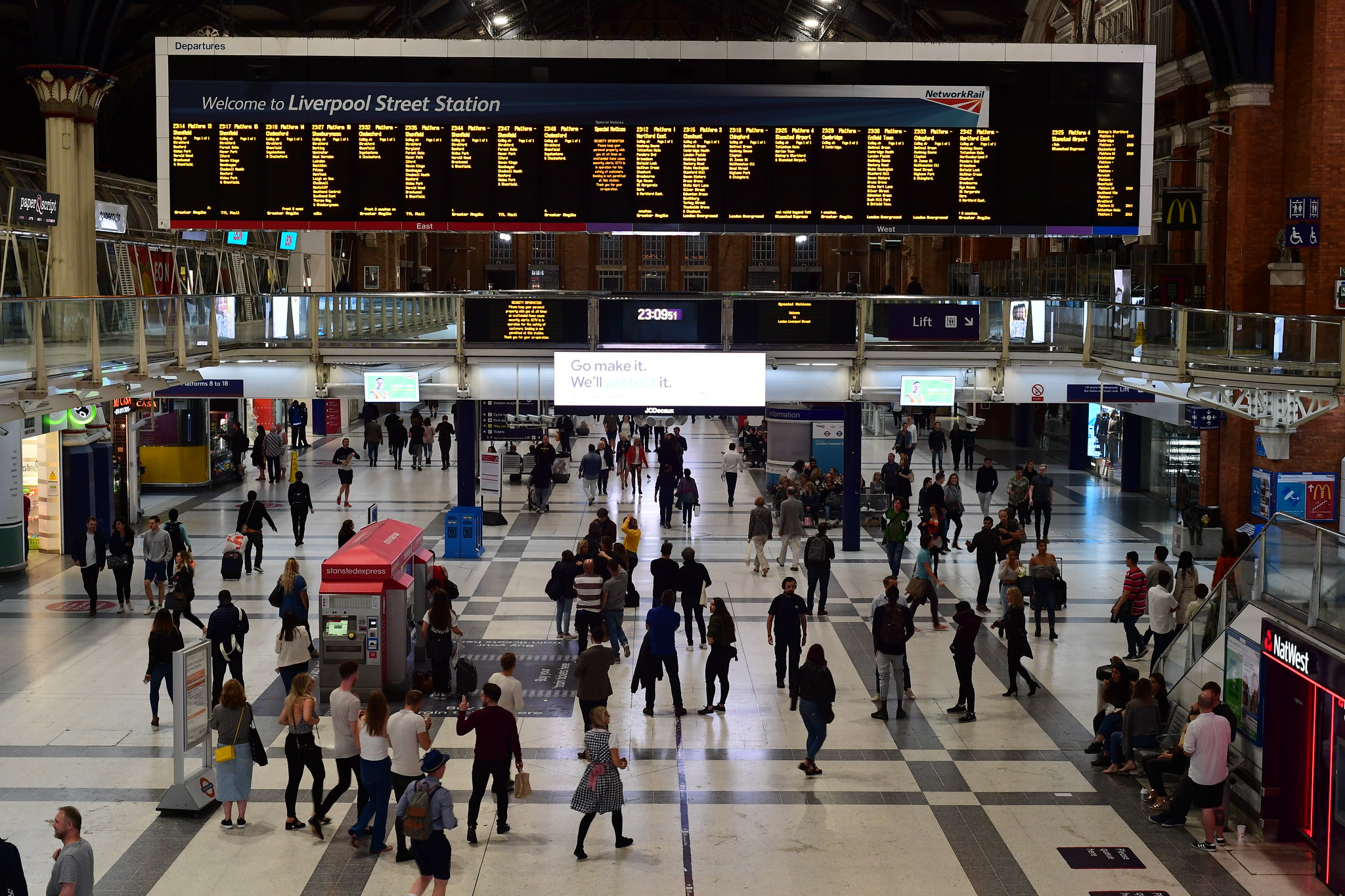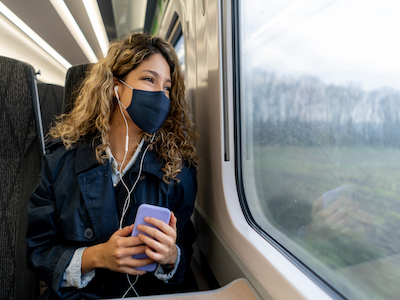Josef Doppelbauer, Executive Director at the European Union Agency for Railways, explains how the pandemic has changed travellers’ perception of train transport, that can become the preferred choice, but only through an extended offer and competitive pricing.
On the other hand, freight has gained more reliability and increased punctuality.
Levels of service in passenger and freight transport have changed differently during the pandemic, despite the fact that both sectors suffer from the same problems.
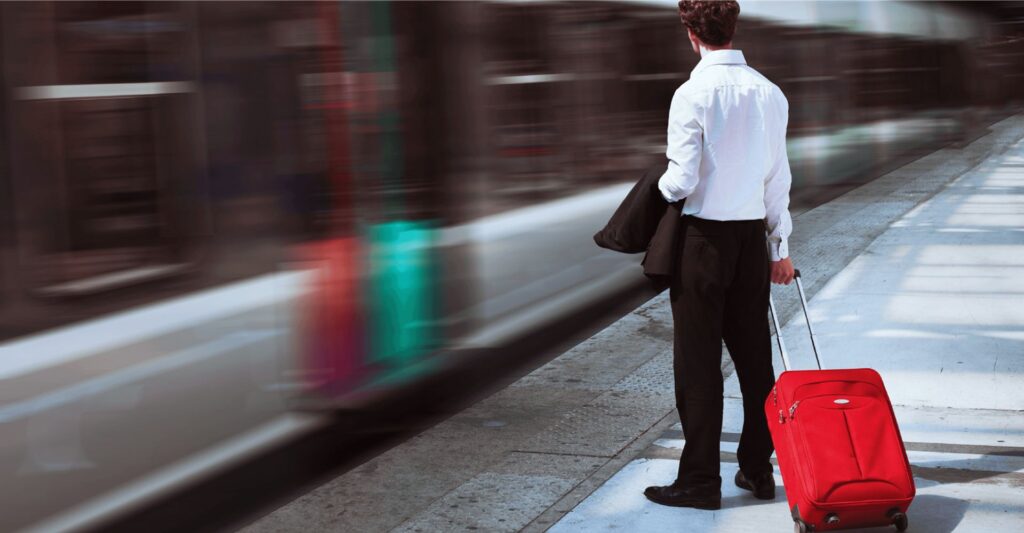
Do you think the pandemic has heightened the differences between the levels of service freight can provide compared with passenger travel, and what are the key steps required to bring passenger rail up to speed?
From what I see, freight and passenger services suffer from the same problems. The main difference is that passengers’ services are still mainly focused within one country while freight services work across borders.
Then of course due to the pandemic and the consequent traffic reduction, freight services profited from an increased punctuality and became more reliable. A lack of punctuality is in fact usually caused by a network overload, exactly like traffic jams on roads and motorways. The Covid-19 pandemic led some travellers to think that it is safer to drive than to take a train, so traffic caused by passenger trains has seen a decrease of 15%-95%, depending on countries and timeframe. However, according to an analysis of train safety conducted by the ERA, when considering the overall safety, i.e., both from covid-19 and accidents, trains are still the safest option, but passengers’ decisions are not always completely rational, especially in these uncertain times.
I believe that to make trains the preferred choice of transport, it is essential to have an extensive offer, as if there is no connection between two cities, or if said connection requires changing five trains or more, train travel will not be first choice. Offer quality is important too since when trains are always delayed and connections are easily missed, customers will inevitably turn to other mode of transport. Competitive prices are also paramount. Currently local airlines and long-distance buses offer better, more attractive prices, and this is also due to different costs that different mode of transport need to bear. For example, airlines don’t pay taxes on fuel, whereas railways need to pay taxes on electricity, and in some countries, they are even required to pay an additional tax when using environmentally friendly electricity. To solve these differences, it is important to first and foremost introduce a fair taxation system for all transport modes then to introduce a fair pollution tax, based on CO2 production, to make train tickets increasingly more affordable than plane or bus ones.
Download the complete interview here.
This article was originally published by Fincons Group.


